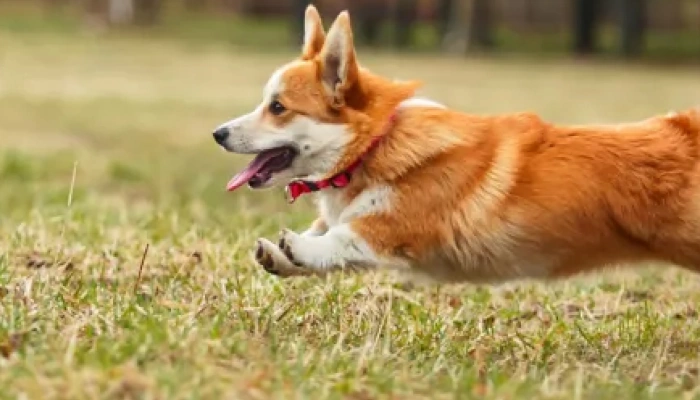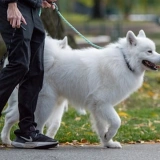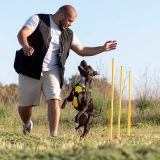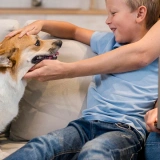Cardigans are quick learners and enjoy structure. With a natural herding instinct, they may attempt to "herd" other pets or small children if not guided early. Socialization from a young age helps ensure they grow into confident, stable adult dogs. They can be independent but are generally eager to please and responsive to positive reinforcement training.
Their thick double coat requires regular brushing, especially during seasonal shedding. Cardigans are generally healthy, but common issues include intervertebral disc disease due to their long backs, as well as hip dysplasia and progressive retinal atrophy. Weight management is essential to protect their joints and spine.







